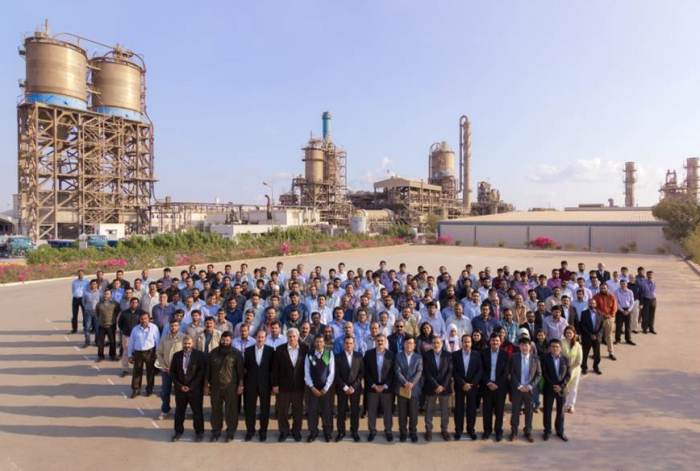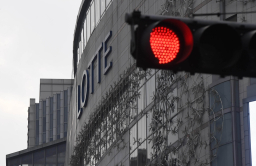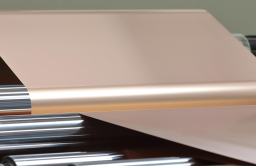-
KOSPI 2577.27 -2.21 -0.09%
-
KOSDAQ 722.52 -7.07 -0.97%
-
KOSPI200 341.49 +0.02 +0.01%
-
USD/KRW 1396 -2.00 0.14%
Lotte Chem to sell Pakistan unit for $156 mn to finance other projects
Petrochemicals
Lotte Chem to sell Pakistan unit for $156 mn to finance other projects
The South Korean petrochemical maker is poised to sell LPCL for 13 times its purchase price to Lucky Core Industries
By
Jan 16, 2023 (Gmt+09:00)
2
Min read
News+

Lotte Chemical Corp. is set to sell its Pakistan unit for 192.4 billion won ($155.8 million won) to a chemical company in the country as the South Korean petrochemical maker is raising funds for advanced material businesses and new growth sectors.
Lotte Chemical said on Monday its board of directors decided to sell its entire 75.01% stake in Lotte Chemical Pakistan Ltd. (LCPL), which manufactures 500,000 tons of purified terephthalic acid (PTA) a year, to Lucky Core Industries Ltd.
The South Korean company plans to use the proceeds to upgrade existing petrochemicals such as polyethylene, polypropylene and polyethylene terephthalate to high-value-added products while expanding the output of advanced specialty materials and starting eco-friendly businesses.
The petrochemical producer last year unveiled a sales target of 50 trillion won by 2030 by generating 60% of its revenue from specialty and eco-friendly materials. The company logged sales of 18.1 trillion won on a consolidated basis in 2021.
“The sale of the overseas subsidiary is a part of the business portfolio restructuring for the vision 2030 strategy,” said Lotte Chemical’s Basic Material Business President Hwang Jin-koo in a statement. “We will stabilize the competitiveness of the existing businesses and sharpen our competitive edge by expanding high value-added products.”
TO FOCUS ON HIGH-VALUE-ADDED, ECO-FRIENDLY PRODUCTS
The move allowed Lotte Chemical to abandon the production of PTA, an intermediary product between synthetic fiber and plastic bottles, as the company ceased output of the material in South Korea in the second half of 2020.
The company modified its PTA facilities at the plant in Ulsan, 310 kilometers southeast of Seoul, to manufacture purified isophthalic acid, material for polyethylene terephthalate (PET) bottles.
The sale came amid concerns over potential deterioration in Lotte Chemical’s financial stability after it acquired South Korea’s Iljin Materials Co., a major electric battery material maker, and provided money to the group’s construction unit.
Lotte Chemical bought LPCL for 14.7 billion won from the Netherlands-based AkzoNobel back in 2009. The Pakistan unit reported an operating profit of 48.8 billion won based on revenue of 471.3 billion won in 2021.
Write to Ik-Hwan Kim at lovepen@hankyung.com
Jongwoo Cheon edited this article.
More To Read
-
 Corporate bondsLotte to spend $651 mn to save affiliate from Legoland woes
Corporate bondsLotte to spend $651 mn to save affiliate from Legoland woesNov 09, 2022 (Gmt+09:00)
-
Sep 27, 2022 (Gmt+09:00)
-
 PetrochemicalsLotte seeks to sell Pakistan arm for over 10 times return
PetrochemicalsLotte seeks to sell Pakistan arm for over 10 times returnJun 21, 2022 (Gmt+09:00)



